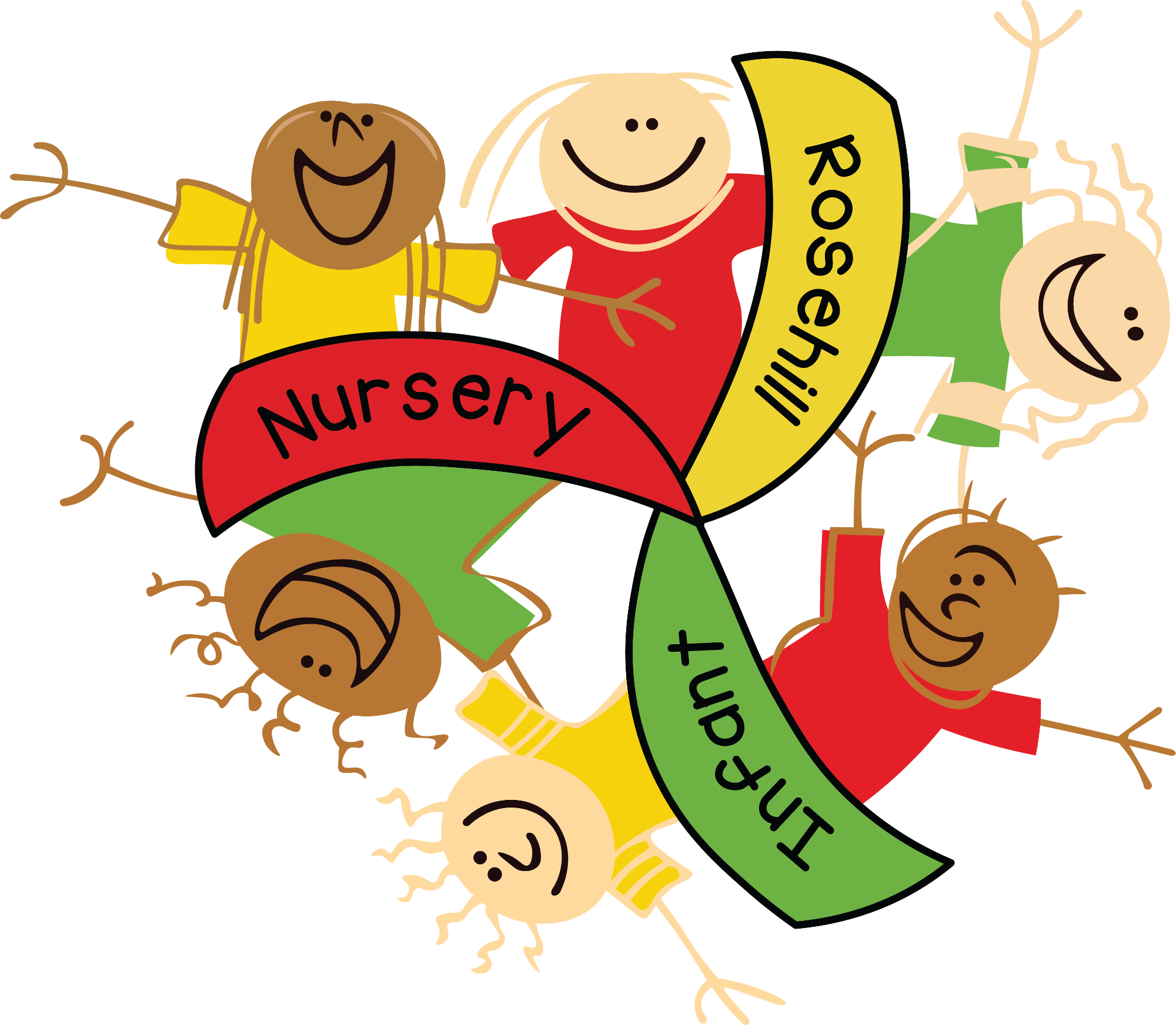Our Intent
The purpose behind teaching R.E. is to allow children to learn about religious traditions and to reflect on what the religious ideas and concepts mean to them. The method we implement should enable children to extend their own sense of values, and promote their spiritual growth and development. Encouraging children to think about their own views and values in relation to the themes and topics studied in the R.E. curriculum is paramount.
The main teaching and learning styles in R.E. should enable children to build on their own experiences and to extend their knowledge and understanding of religious traditions.
- Contribute to the development of pupils’ sense of identity through knowledge and understanding of the spiritual, moral social and cultural heritages of Britain’s diverse society and of the local, national and global dimensions of their lives;
- Encourage pupils to appreciate human aspirations;
- Prompt a personal response to a range of experiences and ideas;
- Develop principles for distinguishing between right and wrong;
- Develop pupils’ knowledge, understanding and appreciation of their own and different beliefs and cultures, and how these influence individuals and societies;
- Pass on enduring values, develop pupils’ integrity and autonomy and help them to be responsible and caring citizens capable of contributing to the development of a just society.
We aim to further develop our teaching of RE by carrying out the following:
- Using topic based work make cross curricular links.
- Visits to places of worships, museums and art galleries.
- Visitors from faith communities sharing their experiences in school
- Stories and storytellers
- Drama, poetry, music, dance and arts.
- First hand experiences of dress and special clothes
- The celebration of festivals and tasting special foods
- Handling artefacts
- The exploration of the beauty, mystery and wonder of the natural world.
- Reflecting on human experience
Inclusion:
All classes have children of widely differing abilities and by providing suitable learning opportunities for all children we can match and challenge the task to the ability of the child. This can be achieved in a variety of ways by, for example,
- Setting tasks which are open-ended and can have a variety of responses;
- Setting tasks that stimulate building new connections in the children’s repertoires and retrieve information needed to answer questions or think critically.
- Teaching them how to gain and deploy the skills for learning from religions and other world views.
Assessment for learning:
Children demonstrate their ability in R.E. through a variety of different ways. Younger children might, for example, act out a famous story, whilst older pupils might take part in hot-seating and other drama based activities. Children are encouraged to make judgments about how they might improve their work in the future.
Monitoring and review:
The R.E. coordinator is responsible for supporting colleagues in their teaching, for being informed about current developments in the subject, for providing a strategic lead and direction for R.E. in the school and for carrying out the task of reviewing samples of children’s work.
